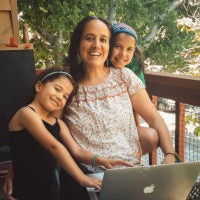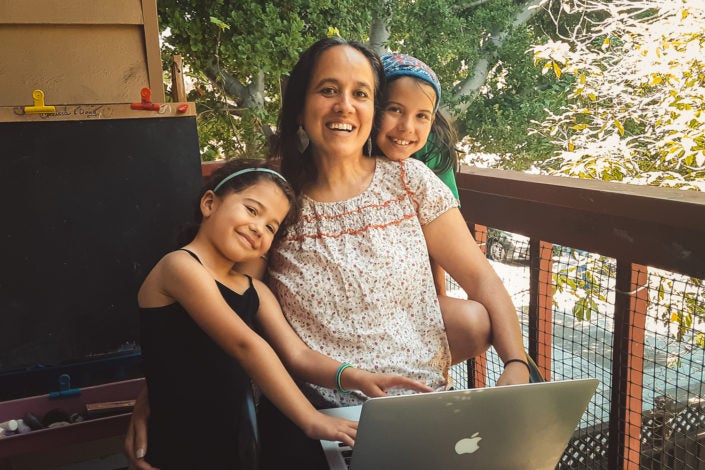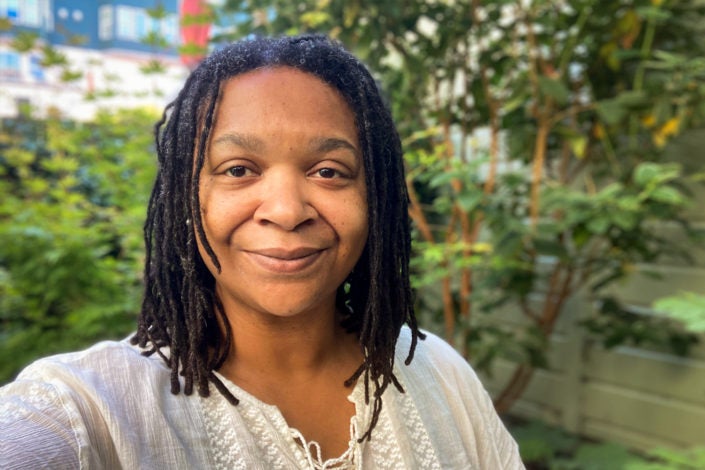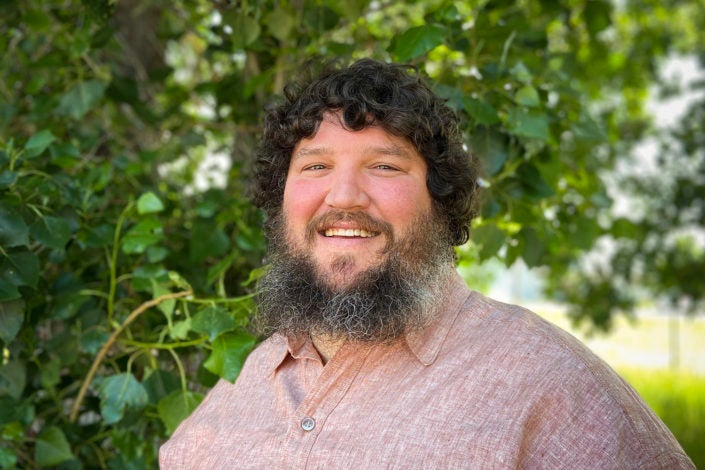Stanford writing lecturers and students find their virtual footing
During spring quarter, when students were learning from home, lecturers in the Program in Writing and Rhetoric created supportive virtual writing classrooms.
One of Emily Polk’s trepidations about teaching writing in a virtual classroom was that her internet connection would let her down at a critical moment.
“During one class when I saw that my internet connection was unstable for a moment, I confessed to my students that my biggest fear was having my face freeze with my mouth wide open like a tortured animal,” said Polk, an advanced instructor in the Program in Writing and Rhetoric, one of Stanford’s signature programs for undergraduate students.
“I made them promise to let me know if I was frozen and not let me continue talking. They all gave me the thumbs up and I felt a sigh of relief. OK, we’ve got each other’s backs.”
Like longtime friends, writing instructors and students had each other’s backs throughout spring quarter as they found their footing in the unfamiliar landscape of video webcasting.
They established new traditions using unique features of the technology: spontaneously sharing memorable quotes on Zoom chat that led to spirited discussions; using one-word check-ins – happy, stressed, anxious, “meh” – to describe how they were feeling that day; and using emoji reactions to communicate without interrupting the flow of the class.
Looking back on spring quarter, four writing teachers shared some of their experiences creating virtual writing classrooms where young writers could flourish.
For more information, visit the Program in Writing and Rhetoric website.

Emily Polk: The Rhetoric of Global Development and Social Change
“We write together to make meaning of the world. We share our writing so we can support each other in communicating more effectively, but also as a way of building a community of trust together.”

Harriett Virginia-Ann Jernigan: What Are You Anyway? The Rhetorics of Ethnic and Racial Identity
“I really miss being in the classroom with students – seeing them, as they say, IRL – and interacting with them as they interact with the campus and the world at large.”

Mutallip Anwar: The Power of Words: Rhetoric of Social and Technological Changes
“To truly understand the power of writing and its social and collaborative nature, we need to work with others throughout the writing process.”

Russ Carpenter: Red Pill or Blue Pill?: The Rhetoric of Drugs
“We have to be able to trust each other in the writing classroom. We pour our hearts out, experiment, triumph, and crash and burn – therefore, we need to be in it together.”








